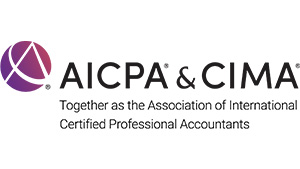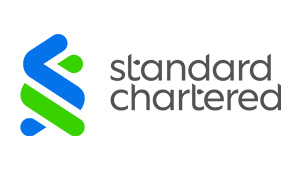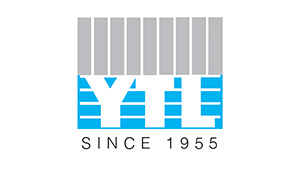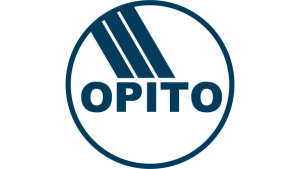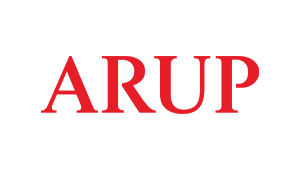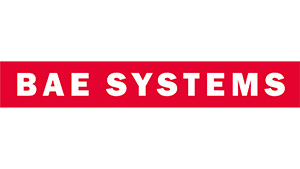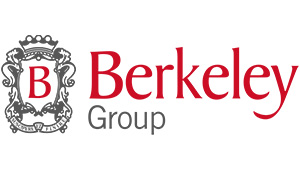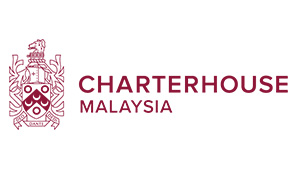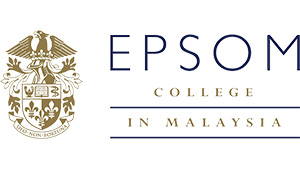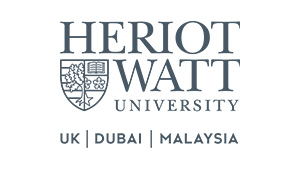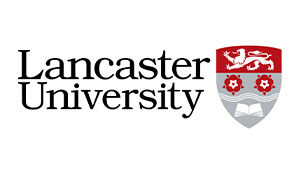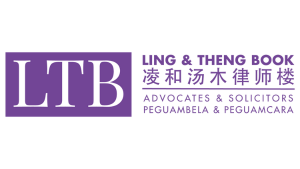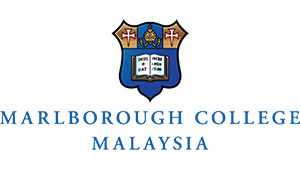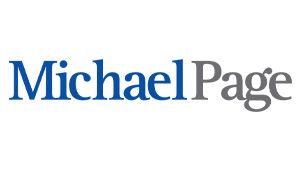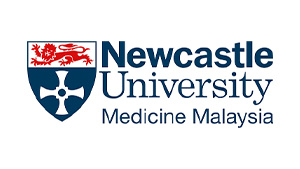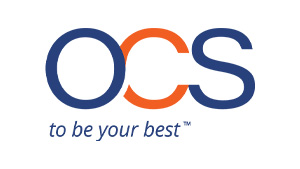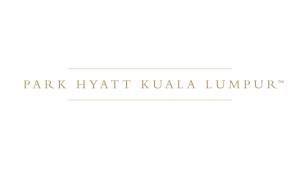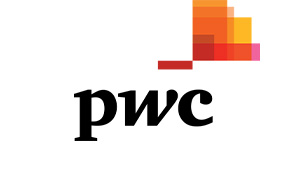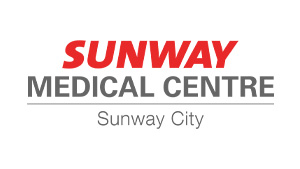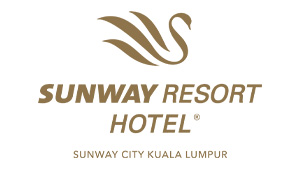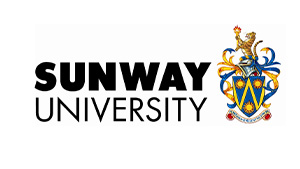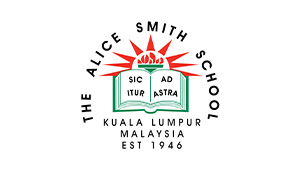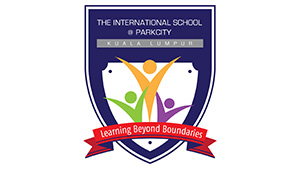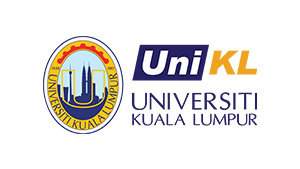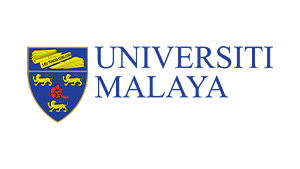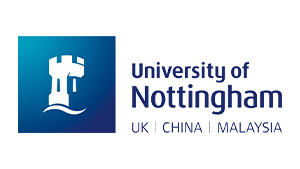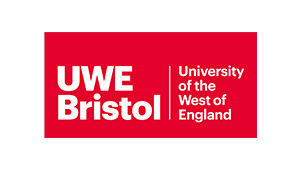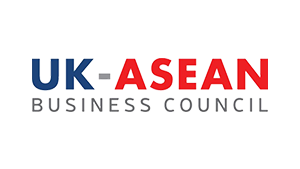Professor Simon Guy, Pro-Vice-Chancellor Global, Lancaster University
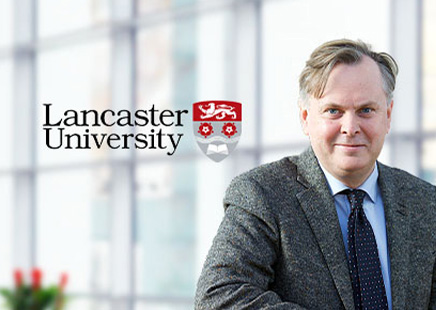
Lancaster University is a UK higher education institution established in 1964. We are a globally significant university, ranked 122nd in the Times Higher Education World University Rankings. Of 15,805 UK-based students, over 31% are from overseas. Around 8,000 students are pursuing Lancaster degrees in either Malaysia, China, Ghana or Germany.
Our presence in Malaysia began in 2006 with the establishment of a partnership with Sunway University. As one of the top private universities in Malaysia, Sunway University has some 8,000 students of whom over 5,500 students are covered by the partnership with Lancaster University
What are some of your organisation’s proudest moments/milestones in Malaysia?
In September 2021, we celebrated the 15th Anniversary of the Lancaster-Sunway partnership, a proud achievement for both institutions. Achieving this milestone involved mutual trust from both sides and working intensively to achieve our shared objectives.
Lancaster has invested in the partnership, with a permanent office located on the Sunway University campus, headed by the Academic Dean Professor Andrew Abbott. The growth of our teaching programmes is such that we are now the largest UK TNE provider in Malaysia. In 2019, a Future Cities Research Institute (FCRI) was established to make a major contribution to the global conversation on sustainable cities.
Describe your operations and total investments in Malaysia (value, staff strength, etc.) to date.
The partnership with Sunway University has a number of strengths. Firstly, across 27 degrees, students receive a scroll from both Lancaster and Sunway Universities, from a programme of study completely delivered in Malaysia. Secondly, we provide opportunities to study at Lancaster’s campus either for one semester, a year or through attending a Summer School. To enhance the quality of student learning, academics at Sunway are invited to take Lancaster’s Postgraduate Certificate in Academic Practice (International). Thirdly, we support research collaborations through the FCRI via initiatives such as joint colloquia, springboard events, visits and a dual PhD programme under planning.
Based on your overall experience of doing business in Malaysia, name the advantages and challenges of doing business in Malaysia.
Lancaster University recently launched its 2021-2026 strategy, which restated a vision to be globally significant. The development of the partnership with Sunway University enables us to achieve our aims of delivering the highest quality teaching and research while extending our global reach. Malaysia is the second largest market for transnational education programmes offered by UK universities. There is also a strong history of engagement between both countries, for example, through the development of Quality Assurance and Enhancement and joint research funding initiatives in the higher education context. There are cultural and operational differences but these can be overcome through continuous conversations.
How has your business evolved during this pandemic, especially in terms of optimisation of human and technology resources?
We responded quickly to the pandemic and swiftly moved to digital delivery of teaching. This involved significant investment to assist colleagues to better use technologies and become effective digital practitioners and learning facilitators. Enhanced student support and effective communication were essential to ensure learners achieved their goals. The pandemic has also provided a time for reflection about how we operate. The importance of the Climate Emergency is reflected in our COP26 Festival, which brought together Lancaster’s leading voices on climate change issues, as well as contributions from Sunway students and staff.
How do you see your business growth and prospects in Malaysia?
Overall, we are confident about the future prospects in Malaysia. We will continue to invest in the partnership with Sunway University and grow our activities to produce the highest quality teaching and research. A number of new programme developments are in progress, for example, the Bachelor in Chemical Engineering and Electronic & Electrical Engineering degree. We are launching a new scholarship scheme to provide opportunities for Sunway students to take a period of study at Bailrigg, our Lancaster campus. Growing numbers on our programmes will include increasing non-Malaysian enrolments, through attracting students from across Asia.
What are the top 3 reasons for your organisation joining the BMCC?
Firstly, we have benefitted significantly from the ongoing support of BMCC colleagues, who have been keen to help Lancaster University grow in Malaysia. They provide valuable market intelligence on the Malaysian higher education sector.
Secondly, we are a member of BMCC’s Higher Education Committee, which provides a forum for UK and Malaysian universities to meet and learn about policy developments. Sunway University is also a Sterling member of the BMCC, which reinforces our presence.
Finally, the BMCC supports the internationalisation agenda of UK universities and works closely with the Department of International Trade and the British Council to further institutions’ interests.
What is the top value you see for yourself or your organisation in being a member of the BMCC?
Gaining market intelligence about the sector and almost instantly being updated about the latest developments that impact the sector. The BMCC is very good at communicating through regular newsletters, email exchanges and instant messaging. The BMCC is also extremely responsive to our needs.
In one sentence, how would you describe your own experience or your organisation’s experience as a member of the BMCC.
Excellent – we have enjoyed thoroughly working with the BMCC and have benefitted significantly from our membership.

